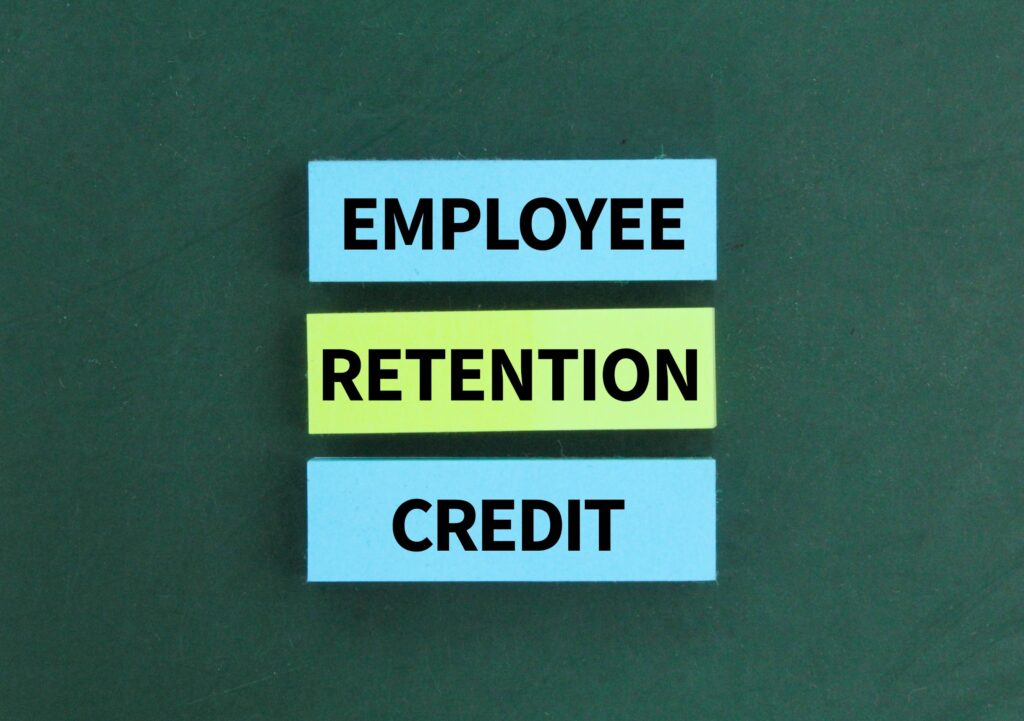The IRS has announced a limited-time reopening of its Voluntary Disclosure Program (VDP) for businesses that incorrectly claimed Employee Retention Credit (ERC). It’s a chance for businesses that may have fallen victim to ERC promoters to correct improper payments at a 15% discount and avoid future audits, penalties, and interest.
“During the first disclosure program that ended in March, there were more than 2,600 applications from ERC recipients that disclosed $1.09 billion worth of credits,” the IRS states. IRS Commissioner Danny Werfel adds that this renewed opportunity, which is open until November 22, 2024, “is especially important given increasing IRS compliance actions involving bad claims, many of them are the result of aggressive marketing tactics to lure unsuspecting businesses into claiming the complex credit.”
For its part, the IRS recently:
- Sent 28,000 disallowance letters to businesses whose pending claims showed a high risk of being incorrect.
- Identified 50,000 valid, low-risk ERC claims and is quickly moving them into the pipeline for payment processing beginning in September.
- Started processing claims filed during its moratorium period between Sept. 14, 2023, and Jan. 31, 2024.
- Proceeded with thousands of audits and 460 criminal cases related to ERC claims, with 37 investigations resulting in federal charges so far.
- Continued gathering information about suspected abusive tax promoters and preparers improperly promoting ERC claims and have begun civil and criminal enforcement efforts.
If your business is an ERC claimant, pay close attention to the November 22 deadline. Act immediately if you receive a letter from the IRS about your claim, and heed other warning signs that your claim may be incorrect. The IRS has published common signs of erroneous ERC claims, including:
- Essential businesses during the pandemic that could fully operate and didn’t have a decline in gross receipts.
- Businesses unable to support [i.e., explain] how a government order fully or partially suspended business operations.
- Businesses reporting family members’ wages as qualified wages (including the majority owners themselves).
- Businesses using wages already used for Paycheck Protection Program loan forgiveness.
- Large employers claiming wages for employees who provided services.
- Too many quarters being claimed.
- Government orders that don’t qualify.
- Too many employees and wrong calculations.
- Businesses citing supply chain issues.
- Businesses claiming ERC for too much of a tax period.
- Businesses that didn’t pay wages or didn’t exist during the eligibility period.
- Businesses falling victim to promoters telling them there’s nothing to lose.
Those with unprocessed claims can consider the ERC Withdrawal Program, and those that claimed more than they received or are entitled to receive should amend their tax return with the correct amount of ERC and any other corrections for that tax period. Keep in mind that you may receive payments for some valid tax periods (quarters, generally) but not others.
The IRS considers ERC “one of the most complex tax provisions ever administered.” To that end, it urges “taxpayers to work with a trusted tax professional who understands the complex ERC rules,” it states. “Tax professionals can help businesses recheck their claims and discuss next steps; this is especially important for those who used a promoter to file claims instead of a tax professional.” Feel free to contact us with questions.


